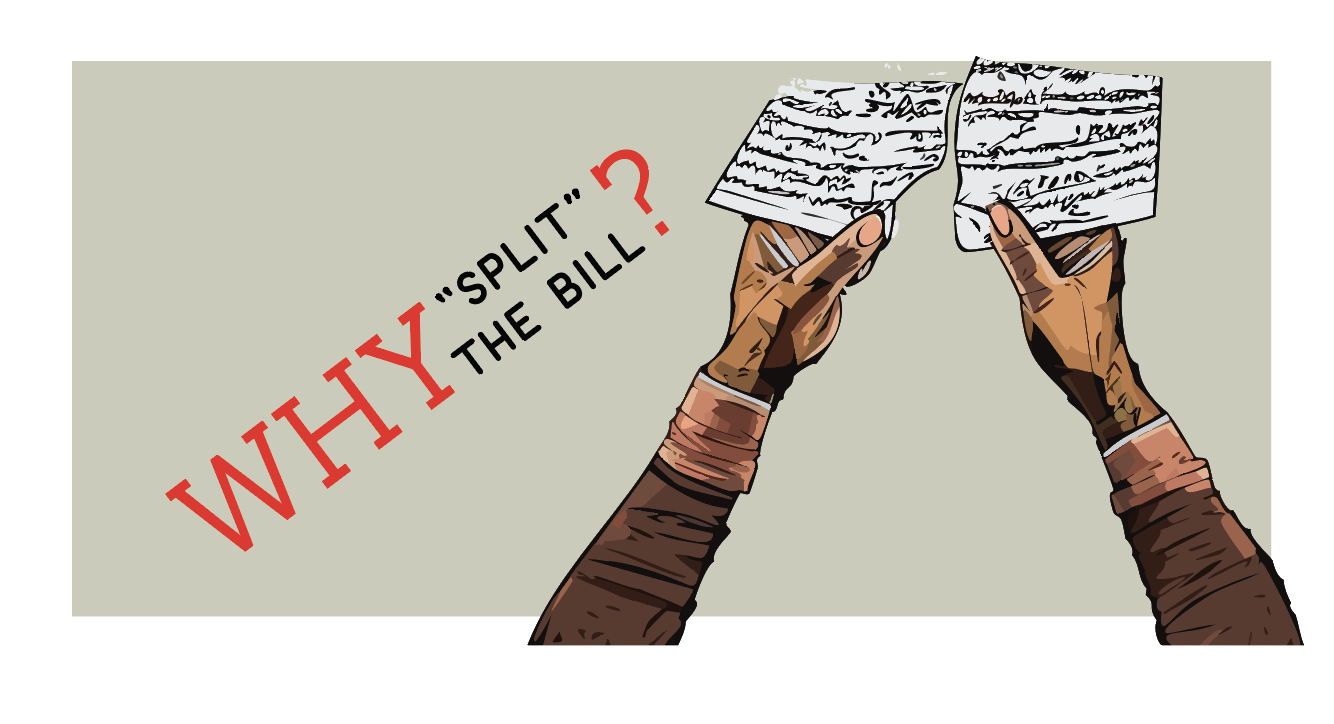In the September Legislation, the administration submitted Introduction #369 (the local equivalent of a bill) that grouped Opioid Prevention funding to two Rochester neighborhood organizations with Undistributed Funding to the RDDC (a group supported by wealthy property owners pushing the BID forward). While all three recipients were planning to use the money in this Introduction for what they refer to as an “ambassador program,” it is clear that the similarities between these projects ends at this name.
The two neighborhood organizations – one in the N. Clinton area, and the other in the Jefferson rd area – have been fighting for years to improve the daily experience of the people living in their communities. They propose hiring local community members to help connect their neighbors to housing programs, addiction services, and other resources. Because this funding will be coming from Opioid Prevention programs, there will be all kinds of administrative work, data tracking/reporting, and clear measurements of success that are rooting in harm reduction.
By contrast, the money for the RDDC ambassador program is coming from Undistributed Funds from the City of Rochester and has no restrictions, accountability, or reporting requirements – it is essentially a blank check from the taxpayers to the richest people in our city.
Instead of using this money to improve the experiences of our community, the leadership of RDDC has said that their program will function as a “Concierge” service for people traveling to Rochester. Their ambassadors “will have RPD on speed dial” and are intended to police our public spaces in order to make tourists feel more comfortable, and to keep “undesirables” out of downtown. We have seen from other cities and other BIDs that this will mean rising rents, the loss of small businesses, and even greater wealth inequality.
It is essential to split these two initiatives so that they can be voted on individually. If they are kept together, it forces community minded Council Members to either vote against genuinely helpful community solutions in order to stop the BID, or to approve an important stepping stone for RDDC’s takeover of downtown Rochester so that opioid funds can go to people who desperately need it.
TAKE ACTION:
Council President Miguel Meléndez needs to hear from you RIGHT NOW.
☎️ CALL MIGUEL’S OFFICE: (585) 428-6056
Say “We need transparency on #369, Split the Bill” leave your name and contact info.
✉️ Or click here to send email to Miguel.Melendez@cityofrochester.gov


Leave a Reply